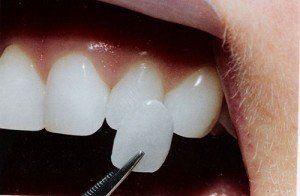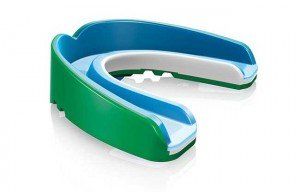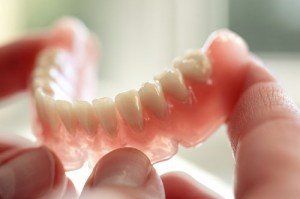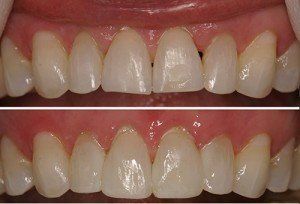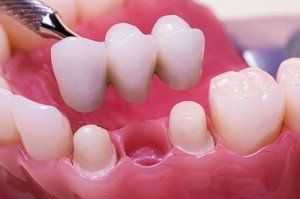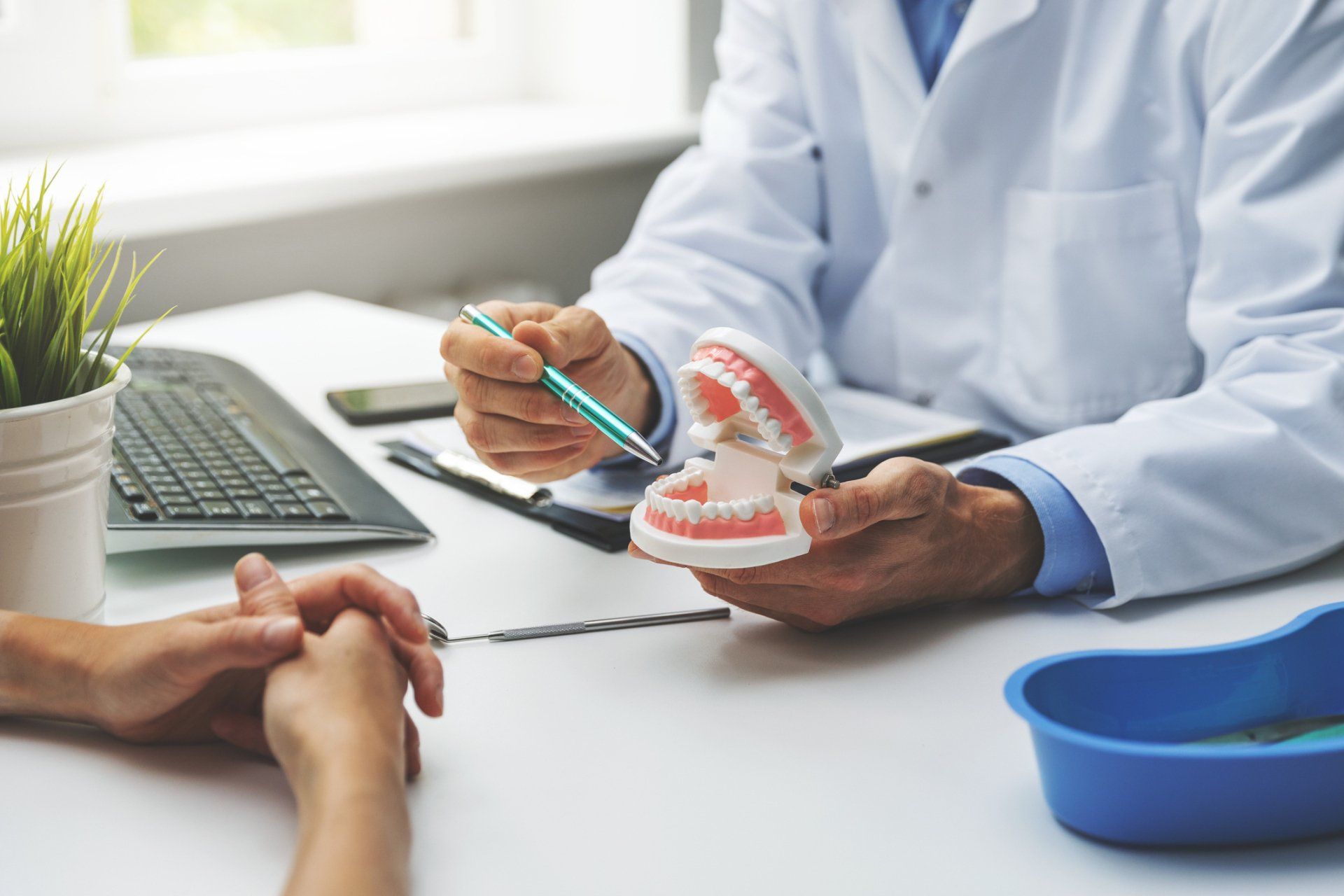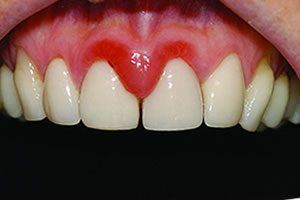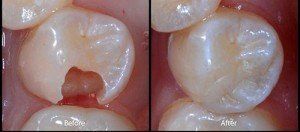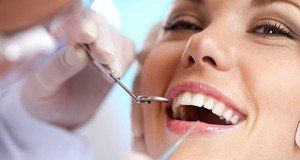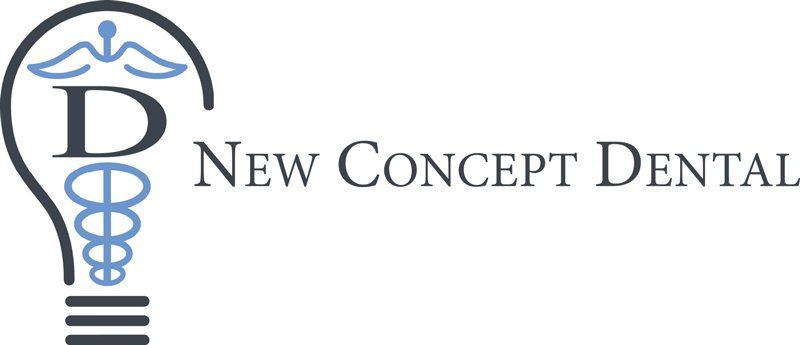Temporomandibular Disorder (TMD)
Are you plagued with recurrent headaches, chronic neck pain, and immobilizing facial pain?
If so, we’re here to tell you that you are not alone. There are millions of Americans just like you that face a daily battle with chronic pain. While there are many reasons for these painful conditions, many of our patients with symptoms can directly associate the pain with Temporomandibular Disorder, nicknamed TMD.
What causes this pain? During the day the temporomandibular joints (TMJ), which connect the lower jawbone to your skull, are used continuously. Every time you open your mouth to talk, chew your food, yawn, and even when you swallow, you are activating and using these joints. When TMD develops, the pain in your temporomandibular joint pain can worsen and in time it can even restrict your jaw’s movement.
Do You Have Any of These Symptoms of TMD?
- Jaw pain
- Ringing or stuffiness in your ears
- Recurrent headaches
- Frequent neck aches
- Popping or clicking when the jaw moves
- Facial swelling (on the sides of the face)
- Muscle spasms in the jaw
- Shift in alignment of your top and bottom teeth
- Limited mobility of the mouth
You don’t have to live with the painful side effects of TMD. If you have any of the symptoms above, call us right away and schedule an appointment. We have many effective treatments available to minimize your pain.
Tips for Stopping the Progression of TMD
You can stop your TMD from getting worse. Follow these simple suggestions to reduce jaw pain, decrease your headaches, and treat your chronic pain.
- Relax. A relaxed face takes pressure off the jaw. Keeping your lips together and your teeth apart is an easy way to keep your face in a comfortable position.
- Don’t grind your teeth.
- Don’t chew gum nonstop. Once in a while is fine, but chronic gum chewers are at a higher risk for TMD.
- When speaking on the phone, use a headset. Don’t cradle the phone between your head and shoulder.
- Chew your food evenly, using both sides of your mouth
- Don’t sit with your chin resting on your hand.
- Practicing good posture can relieve or prevent symptoms of TMD.
Of course, you want to make sure TMD is the cause of your pain and not another underlying cause. For a full evaluation, call New Concept Dental today and let our TMD specialists evaluate the situation.
